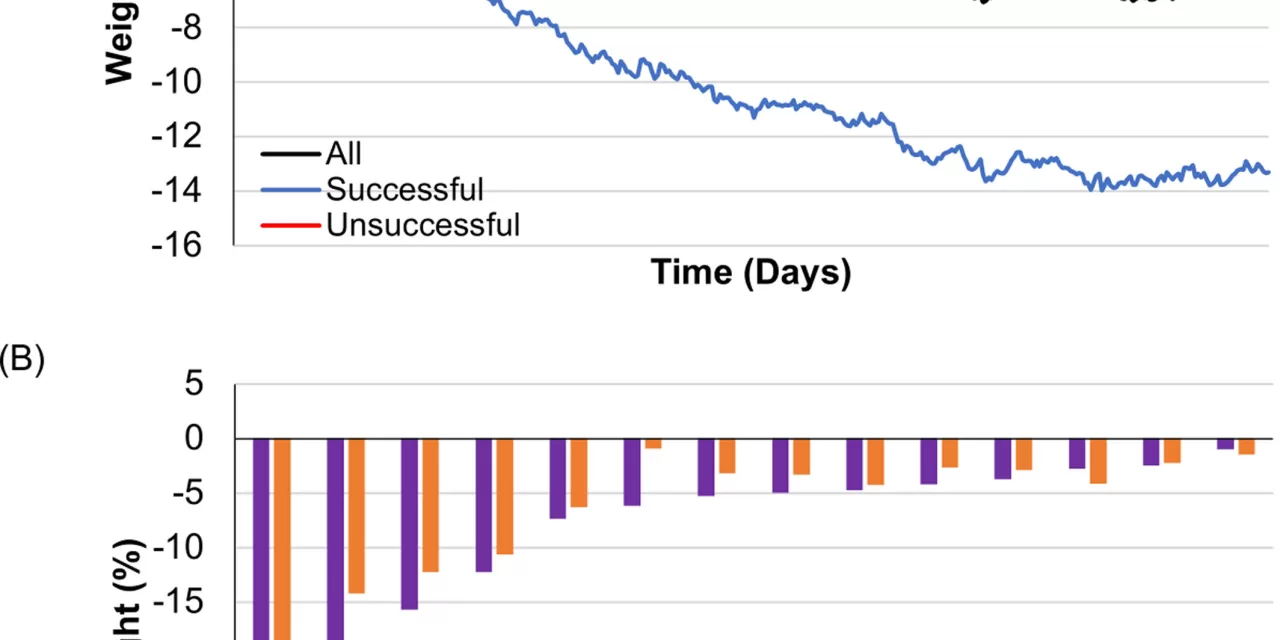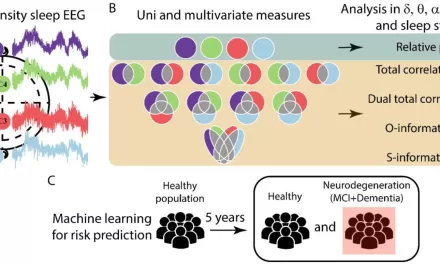A recent study from the University of Illinois Urbana-Champaign emphasizes the importance of increasing protein and fiber intake while reducing calories for effective long-term weight loss. The research, led by Professor Manabu T. Nakamura, found that participants in a self-directed dietary education program who consumed greater amounts of protein and fiber were significantly more successful in losing weight over a 25-month period.
The study, published in Obesity Science and Practice, involved participants in the Individualized Diet Improvement Program (iDip). This program utilizes data visualization tools and intensive dietary education sessions to help participants understand key nutrients and develop personalized, sustainable weight-loss plans. Flexibility and personalization were identified as crucial factors in the success of these plans.
At the one-year mark, 41% of participants who were categorized as successful dieters had lost an average of 12.9% of their body weight. In contrast, the rest of the study sample saw only a modest weight reduction of just over 2% of their starting weight. According to Nakamura, the iDip approach allows individuals to experiment with different dietary strategies, leading to sustainable weight maintenance.
“The research strongly suggests that increasing protein and fiber intake while simultaneously reducing calories is required to optimize the safety and efficacy of weight loss diets,” said first author Mindy H. Lee, a registered dietitian-nutritionist and U. of I. alumna.
The core of the iDip program involves consuming no more than 1,500 calories per day while increasing daily protein intake to about 80 grams and fiber intake to about 20 grams. Participants used a unique two-dimensional quantitative data visualization tool, developed by the iDip team, to plot foods’ protein and fiber densities per calorie, helping them tailor their diets to meet these targets.
The study also highlighted the importance of preserving lean mass during weight loss, especially for individuals using weight-loss medications. Nakamura pointed out the rising popularity of injectable weight loss medications and cautioned that without sufficient protein intake, users may experience muscle and bone loss.
The study included 22 participants—nine men and 13 women—most of whom were between the ages of 30 and 64. These individuals had previously attempted to lose weight multiple times and reported various comorbidities, including high cholesterol, skeletal problems, hypertension, sleep apnea, diabetes, and nonalcoholic fatty liver disease.
The findings underscore the value of a personalized and flexible approach to weight loss, with an emphasis on protein and fiber, as a foundation for long-term success.
For more detailed information, the study can be accessed in Obesity Science & Practice under the title “Successful dietary changes correlate with weight‐loss outcomes in a new dietary weight‐loss program” by Mindy H. Lee et al. (DOI: 10.1002/osp4.764).












